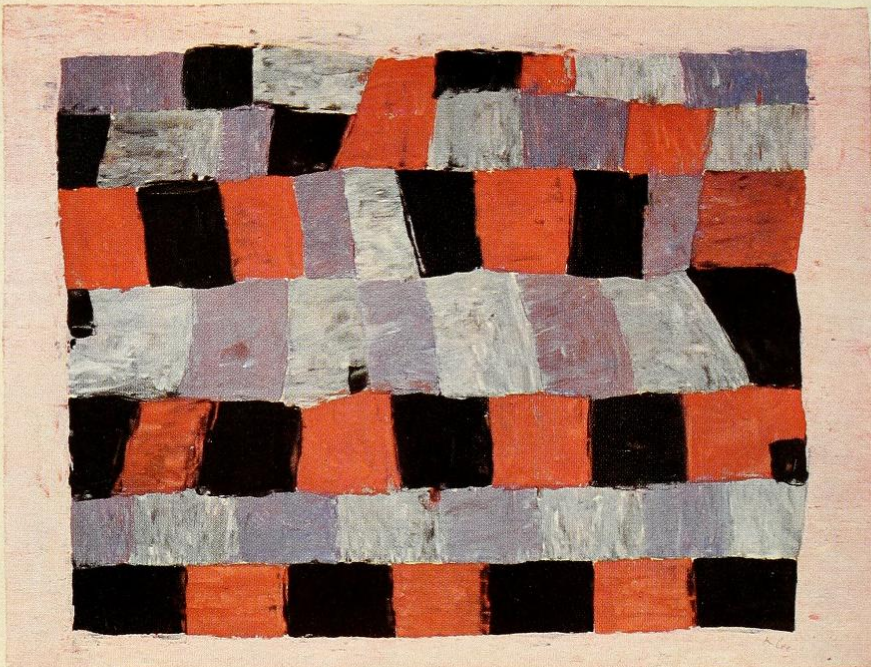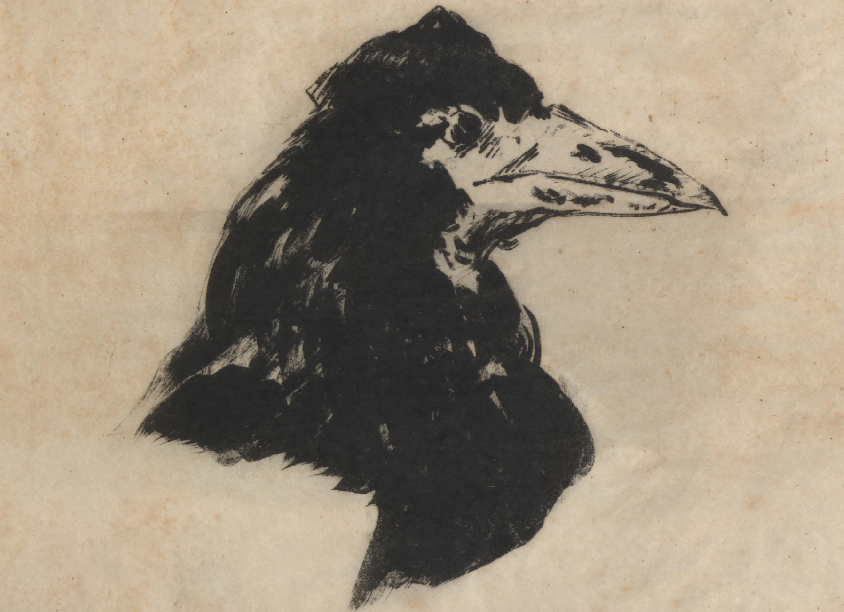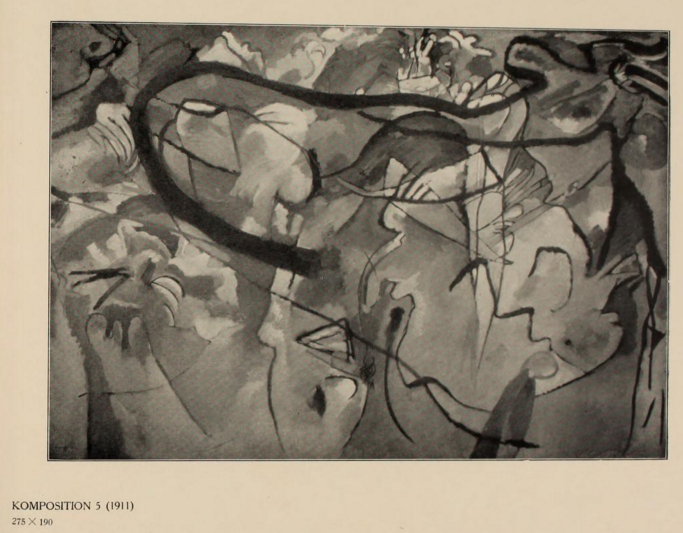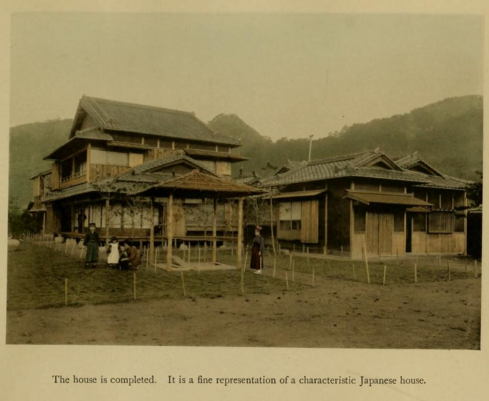
“I have always imagined that Paradise will be a kind of library,” Jorge Luis Borges famously wrote. Were he alive today, he might well regard the internet as becoming more paradisiacal all the time, at least in the sense that it keeps not just generating new texts, but absorbing existing ones and making them available free to readers.
And while his well-known story “The Library of Babel” envisions a magical or extremely high-tech library containing all possible texts (which the internet has started to make a reality), recent additions to the vast library of the internet have done him one better by incorporating not just pages of letters, but intricately designed and lavishly illustrated art texts as well.

Take the Getty Research Portal, which has just, for its fourth anniversary, unveiled a new design and a total volume count surpassing 100,000. “In assembling a virtual corpus of digitized texts on art, architecture, material culture, and related fields from numerous partners, the Portal aspires to offer a more expansive collection than any single library could provide,” writes project content specialist Annie Rana at the Getty’s blog The Iris. “Furthermore, with these freely downloadable materials, scholars and researchers can now be in possession of copies of rare books and other titles without having to travel to far-flung locales.”

More than twenty institutions now share their collections at the Getty Research Portal: recent joiners include the Art Institute of Chicago’s Ryerson and Burnham Libraries, the Bibliotheca Hertziana-Max Planck Institute for Art History in Rome, the Herzog August Bibliothek in Wolfenbüttel, the Menil Library Collection in Houston, the Solomon R. Guggenheim Museum Library and Archives in New York, and the Warburg Institute Library in London. But wait, says Rana, there’s more, or at least more on the way: “Dialogues with art libraries and institutions in India, Iran, and Japan are in the works as the project also looks to increase international coverage.”

Still, the selection of items looks quite international already. The post highlights a few items of high potential interest to Open Culture readers, such as Edgar Allen Poe’s The Raven illustrated by Edouard Manet and translated into French by Stéphane Mallarmé, as well as a monograph on, an exhibition catalog about the work of, and writings by the Russian abstract painter and art theorist Wassily Kandinsky. But even though the Getty Research Portal seems only to have plans to grow larger and larger, everyone browsing through it will surely find something suited to their artistic interests, from Paul Klee (top) to Roy Lichtenstein to Japanese architecture and everything in between; you have only to step through the portal to find it.
Related Content:
1.8 Million Free Works of Art from World-Class Museums: A Meta List of Great Art Available Online
815 Free Art Books from World Class Museums: The Met, the Guggenheim, the Getty & LACMA
Download 448 Free Art Books from The Metropolitan Museum of Art
The Guggenheim Puts 109 Free Modern Art Books Online
Download Over 250 Free Art Books From the Getty Museum
Google Puts Over 57,000 Works of Art on the Web
Based in Seoul, Colin Marshall writes and broadcasts on cities, language, and style. He’s at work on a book about Los Angeles, A Los Angeles Primer, the video series The City in Cinema, the crowdfunded journalism project Where Is the City of the Future?, and the Los Angeles Review of Books’ Korea Blog. Follow him on Twitter at @colinmarshall or on Facebook.


Has the author never made it to the end of Borges’s story, or is he trying to insult the project underhandedly? From the footnotes: “Letizia Álvarez de Toledo has observed that this vast Library is useless.” Not to mention the suicides.
Not only a few works are’nt available outside the US because of the HathiTrust copyright paranoia, see e.g.
http://portal.getty.edu/books/avery_1721456
This is the Google Books moving wall (free only until 1875 in 2016) ignoring Europe’s Public Domain even if the author’s death longer than 7ß years ago is recorded in HathiTrust’s metadata.
HathiTrust doesn’t review such cases actually (some years ago it did on request).
I have contacted Getty (and the university library Heidelberg) on this problem of course in 2012, see also
https://archivalia.hypotheses.org/9144
Without any success. I am disappointed that openculture.com is’nt considering the ongoing discrimination of Non-US scholars even for worldwide PD titles!